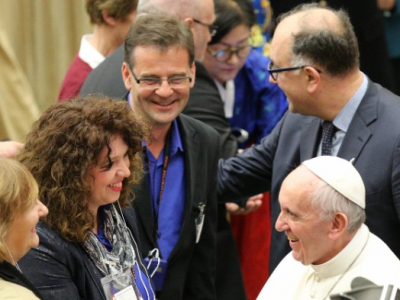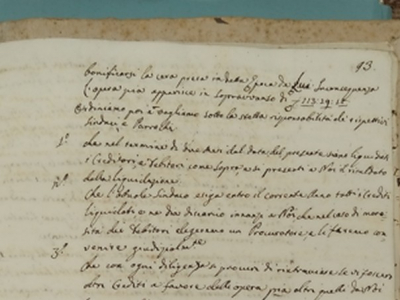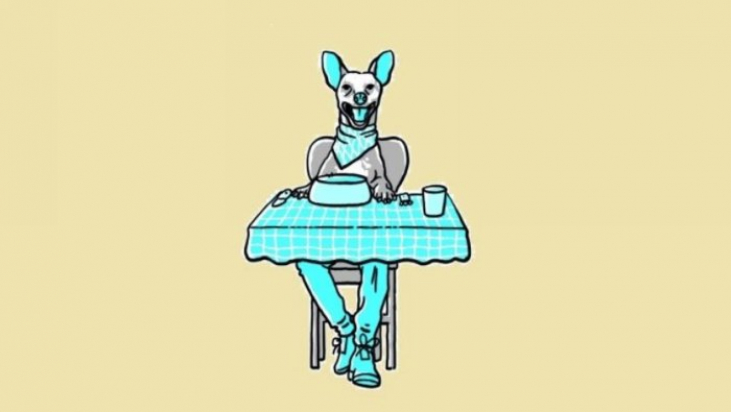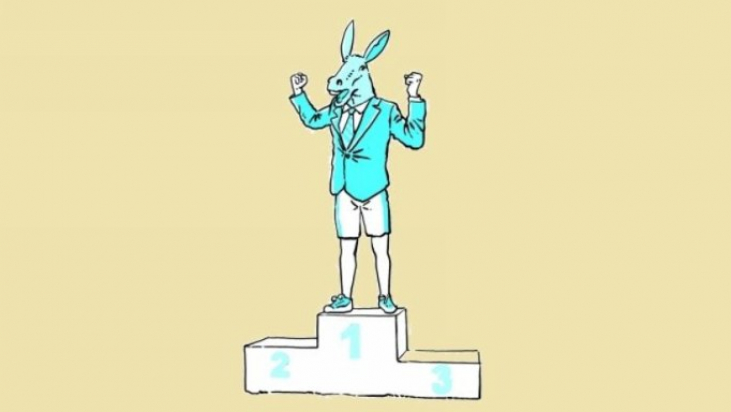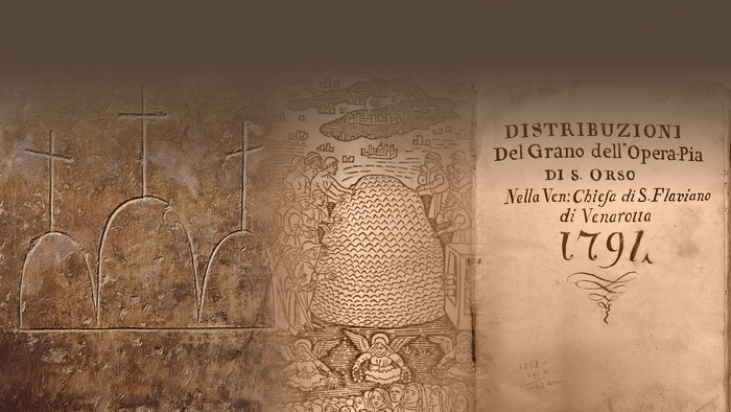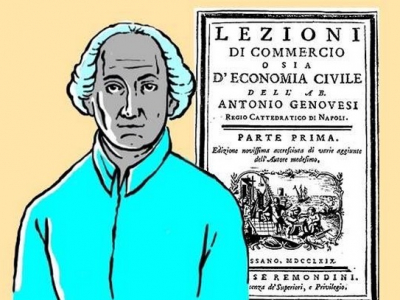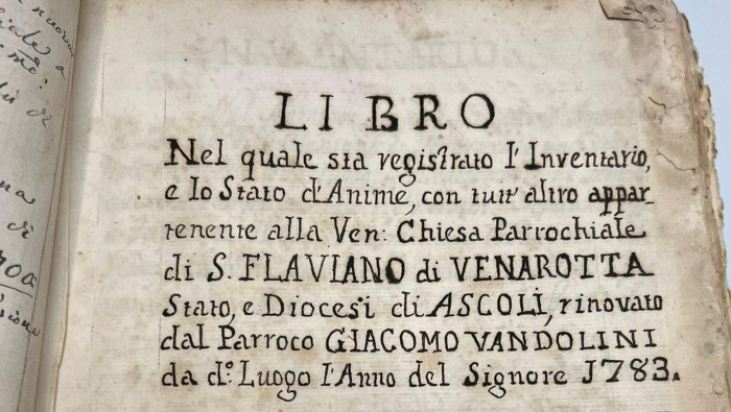L'Économie de Communion est profondément reconnaissante au Pape François : Luigino Bruni exprime cette gratitude par sa salutation particulière au Pape qui a rencontré les entrepreneurs de l'ÉdeC en 2017 et qui a voulu lancer en 2019 L'Économie de François
par Luigino Bruni
Le pape François a eu u...
stdClass Object
(
[article_layout] =>
[show_title] =>
[link_titles] =>
[show_tags] =>
[show_intro] =>
[info_block_position] =>
[info_block_show_title] =>
[show_category] =>
[link_category] =>
[show_parent_category] =>
[link_parent_category] =>
[show_associations] =>
[show_author] =>
[link_author] =>
[show_create_date] =>
[show_modify_date] =>
[show_publish_date] =>
[show_item_navigation] =>
[show_icons] =>
[show_print_icon] =>
[show_email_icon] =>
[show_vote] =>
[show_hits] =>
[show_noauth] =>
[urls_position] =>
[alternative_readmore] =>
[article_page_title] =>
[show_publishing_options] =>
[show_article_options] =>
[show_urls_images_backend] =>
[show_urls_images_frontend] =>
[helix_ultimate_image] => images/2025/04/21/Papa_Francesco_Udienza_2017_ant.jpg
[helix_ultimate_image_alt_txt] =>
[spfeatured_image] => images/2025/04/21/Papa_Francesco_Udienza_2017_ant.jpg
[helix_ultimate_article_format] => standard
[helix_ultimate_audio] =>
[helix_ultimate_gallery] =>
[helix_ultimate_video] =>
[video] =>
)
